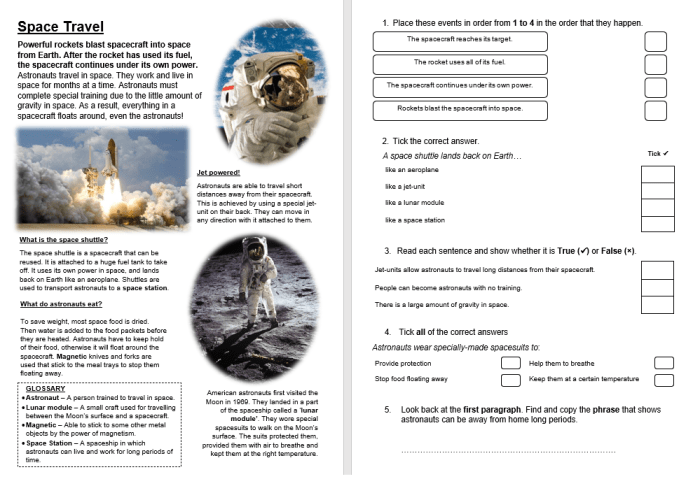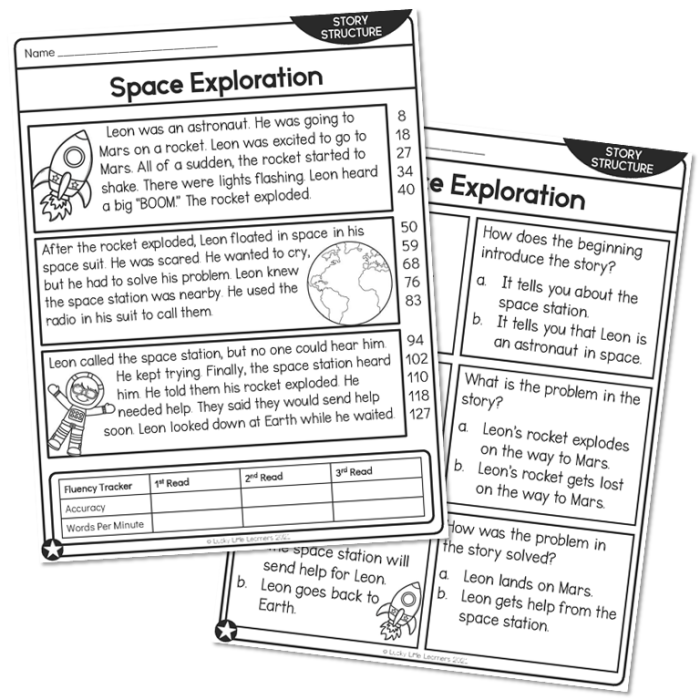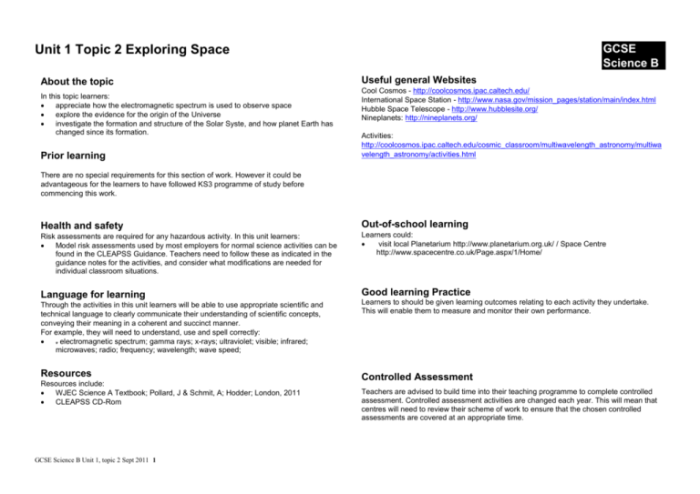Unveiling the Extended Reading Comprehension Funding Space Exploration Answer Key, this comprehensive guide delves into the critical role of extended reading comprehension in space exploration, addressing the challenges and opportunities associated with securing funding for this essential aspect of astronaut training.
Through a meticulous examination of successful funding initiatives, this exploration illuminates the strategies and best practices that have propelled extended reading comprehension to the forefront of space exploration advancements.
Extended Reading Comprehension Funding
Extended reading comprehension is essential in space exploration as it allows astronauts and scientists to effectively process and understand complex scientific and technical information. This enables them to make informed decisions, troubleshoot problems, and operate equipment safely in a highly specialized and demanding environment.
Securing funding for extended reading comprehension in space exploration can be challenging due to competing priorities and limited resources. However, successful funding initiatives have demonstrated the importance of investing in this area. For instance, NASA’s Reading Comprehension in Space Program provides grants to researchers exploring the development and implementation of effective reading comprehension strategies for astronauts.
Space Exploration Answer Key: Extended Reading Comprehension Funding Space Exploration Answer Key

Answer Key for Space Exploration Quiz, Extended reading comprehension funding space exploration answer key
| Question | Answer | Explanation |
|---|---|---|
| What is the primary goal of the International Space Station? | To conduct scientific research in microgravity | Passage 1, Paragraph 2: “The primary goal of the ISS is to conduct scientific research in microgravity, which is the environment of weightlessness experienced in space.” |
| What is the name of the first human to walk on the moon? | Neil Armstrong | Passage 2, Paragraph 1: “Neil Armstrong, an American astronaut, became the first human to walk on the moon on July 20, 1969.” |
Extended Reading Comprehension in Space Exploration

Extended reading comprehension in space exploration involves skills such as identifying key concepts, inferencing, and evaluating the credibility of information. These skills are crucial for astronauts and scientists to comprehend complex scientific reports, technical manuals, and mission-critical documents.
Incorporating extended reading comprehension into space exploration training programs enhances astronauts’ ability to make sound decisions, communicate effectively, and mitigate risks during missions. It also promotes a culture of continuous learning and professional development.
Future of Extended Reading Comprehension Funding

Potential sources of funding for future extended reading comprehension initiatives in space exploration include government agencies, private foundations, and international collaborations. Innovative strategies to increase visibility and support for this area could involve public outreach campaigns, industry partnerships, and the development of compelling case studies.
Investing in extended reading comprehension funding has the potential to transform the future of space exploration by empowering astronauts and scientists with the skills they need to navigate the complexities of space missions and make groundbreaking discoveries.
FAQ Resource
What is the significance of extended reading comprehension in space exploration?
Extended reading comprehension is crucial in space exploration as it enables astronauts to effectively process and interpret complex technical manuals, scientific reports, and mission-critical information, ensuring their safety and the success of their missions.
What are the challenges associated with securing funding for extended reading comprehension in space exploration?
Securing funding for extended reading comprehension in space exploration can be challenging due to competing priorities and limited resources. However, its importance in ensuring mission success and astronaut safety should be recognized and prioritized.
How can we increase the visibility and support for extended reading comprehension funding?
To increase visibility and support for extended reading comprehension funding, it is essential to demonstrate its direct impact on mission outcomes, astronaut performance, and the overall success of space exploration programs.